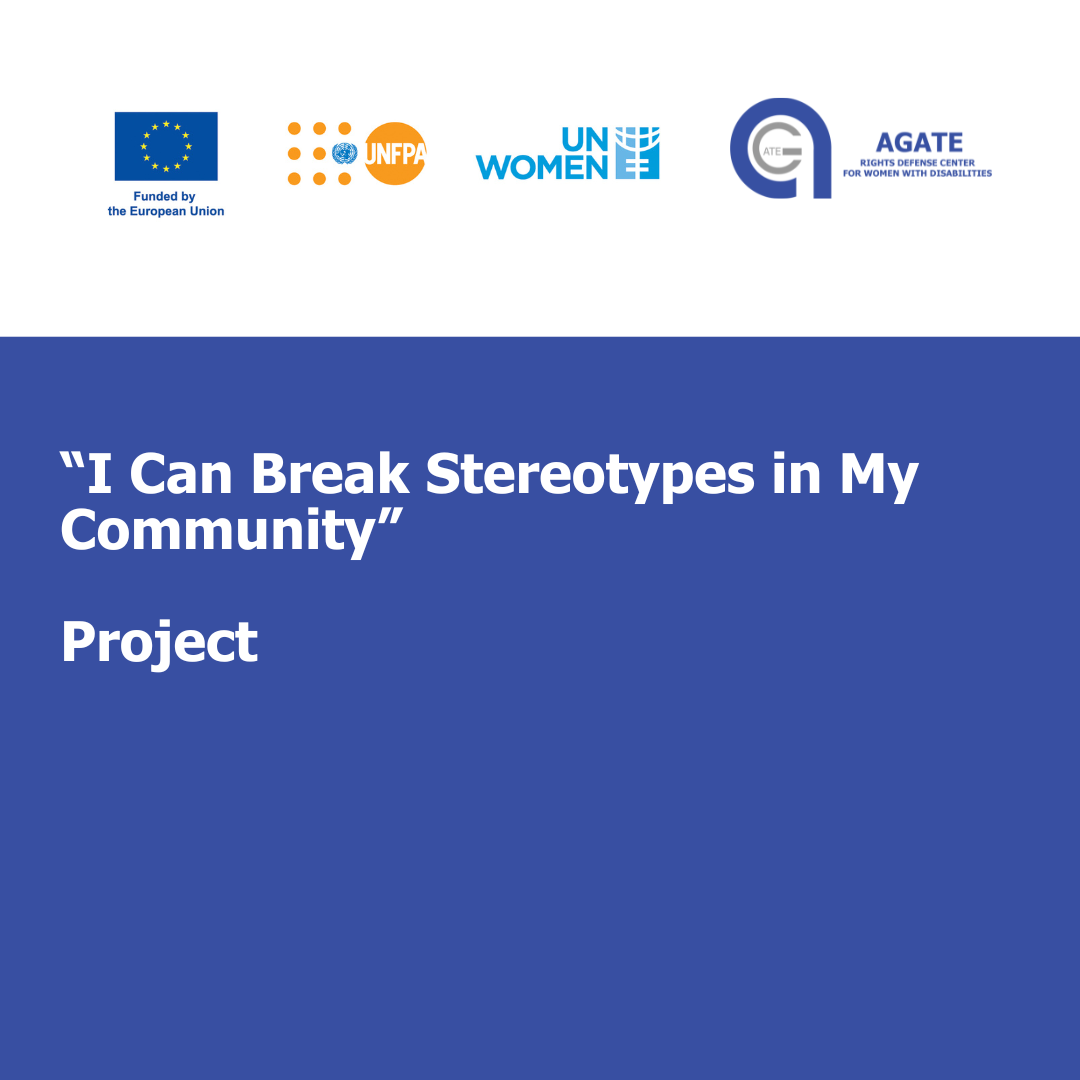Duration: 19.02.2022 -31.03.2023
The project goal is to raise awareness of mass media workers, journalists, and students in journalism and film-makers on the rights of women and girls with disabilities.
Objectives:
The project will change the focus from sensational, cloying and misinformed disability coverage on mass media by improving its quality, will raise public awareness on disability rights and challenges, will help to break stereotypes and will end disability based discrimination in Shirak, Lori and Tavush regions by engaging and involving successful women with disabilities in the project activities to share their best practices and experience.
Output 1
Capacity of mass media workers, journalists, and students in journalism and film-makers in Shirak, Lori and Tavush regions is strengthened, they are skillful and knowledgeable on interviewing women with disabilities, they know what language and terminology to use and are aware of useful tips for fair disability and rights-based coverage.
Output 2
Women and girls with different types of disabilities from Shirak, Lori and Tavush regions have overcome gender and disability-based stereotypes; they are ready to speak up and advocate for their rights and share their successes, be visible in their communities and in media. Public awareness is raised and disability and gender-based stereotypes are broken in Shirak, Lori and Tavush regions through non-traditional media coverage on different social media platforms (Facebook, Instagram, TikTok, YouTube).
The project is implemented in the framework of the “EU 4 Gender Equality: Together against gender stereotypes and gender-based violence” programme, funded by the European Union, implemented jointly by UN Women and UNFPA.

